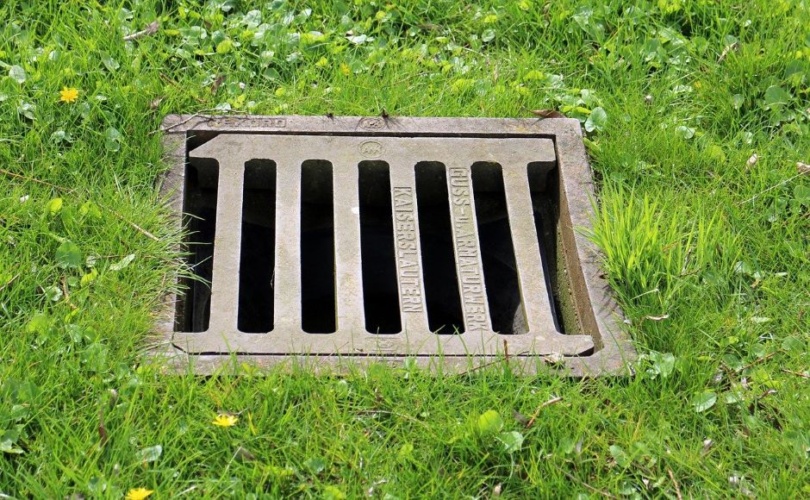Recent reports claim that ending all spills of untreated sewage would cost between £338bn and £593bn – adding £1,000 to the average household bill. But restricting the overflows only when they are affecting river quality would cost significantly less, at between £9.9bn and £15.7bn, adding between £17 and £27 to annual bills.
We cannot continue allowing this release of untreated or semi treated sewage into our rivers. Not only are they no longer suitable for human (wild) swimming but soon all wildlife will find it very toxic.
Sewage and storm water mostly leaves homes and business premises in separate pipes, but they currently get merged into a single pipe once in the water company’s sewerage infrastructure. It is not just the volume of storm and sewer water that affects the capacity of the network though, as it also needs constant and consistent maintenance.
MORE FROM ENERGY & ENVIRONMENT
FOG (fats, oils & greases) is a big contributor for this maintenance need as we struggle to educate people on what they should pour down their drains. It is recognised that 80 per cent of sewer flooding is caused by FOG.
The sector has been underfunded for many decades now and a drive to resolve combined sewers and overflows is long overdue. Upgrading old Victorian sewers, never designed to take the massive amounts of road run-off, can be a huge cost but thinking outside the box and stopping the storm water entering the sewers in the first place is key. Simple measures can be undertaken by homeowners such as the use of water butts and rain gardens but on a grander scale we must further strengthen the use of SUDS (Sustainable drainage systems) for new developments, and look to innovative ways to retrofit existing infrastructure.
This offers more cost-effective solutions, and the need to endorse an approach that provides more capacity for sewage rather than storm water needs urgent consideration also.
Alternative ideas need to be adopted and soon
Dealing with storm water at its source using permeable surfaces and natural measures such as swales and ponds rather than funnelling it into an already overburdened and under maintained system offers numerous advantages. So does the introduction of simple automated maintenance flusher systems, such as those that have been readily available for the past 10 years and are derived from the Romans’ tipping bucket principles of using the force of the water to clean the pipes.
If flood engineers and civil engineers work together on SUDS, permeable paving and natural measures then these flood mitigation solutions can reduce surface water flooding without recourse to the sewer network and, more importantly, it can help to replenish depleted ground water supplies by closing the circle between flooding and drought in a simple cost-effective manner. Combining storm water into the mains sewer was surely only ever meant to be a short-term consideration?
Getting such solutions implemented will need better planning policy and regulation. It also needs less burden on the tax-payer but there seems resistance due to the interests of house-builders and government departments. Currently there is a right-to-connect for developers, as the water and sewage companies have a duty to connect the property to a sewer (keeping the local area sufficiently drained) with little in the way of responsibility for the increased use of these services.

The new measures being announced by the government, to place a new legal duty on water companies to "take all reasonable steps" to prevent sewage discharges, will hopefully enable the Environment Agency/Defra to police and enforce the existing rules and drive the water companies to meet their commitments.
But, importantly, it needs a mindset change at the water companies (and the Environment Agency) to investigate innovative solutions faster that stop the storm water entering the sewers in the first place. Alternative ideas need to be adopted and soon, to address all our current water issues from having too much water or too little, to poor quality water that’s harming the environment.
Over abstraction of groundwater supplies is as big an issue in this country, as is the harm we are doing to our rivers and coasts. Until we adopt a holistic approach, we will just be sticking plasters over each problem at a time and not solving anything.
John Alexander, managing director of Aquobex










CCC Report Finds UK Climate Targets Still Within Reach
In 1990 67% of the UK´s electricity came from coal-fired power stations and even without renewables the transition to gas was a major contributor to...